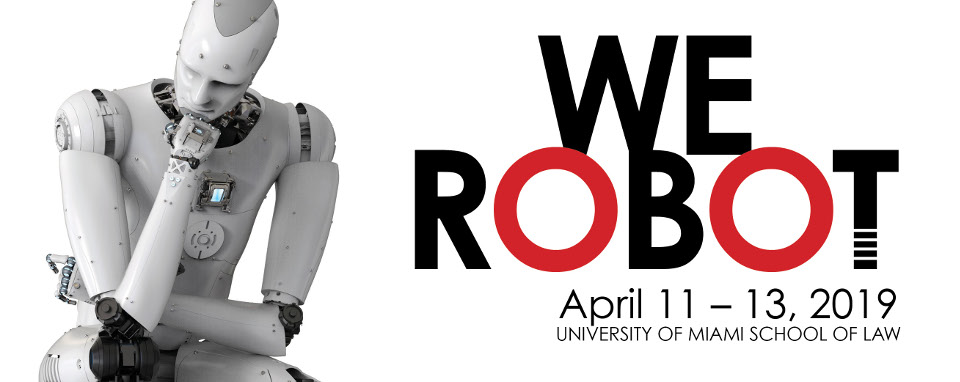
Deirdre Mulligan
Madeleine Elish will lead a discussion of Deirdre Mulligan and Daniel Kluttz‘s AI, Professionals, and Professional Work: The Practice of Law with Automated Decision Support Technologies on Saturday, April 13, at 4:00 p.m. Friday, April 12, at 1:45 p.m. at #werobot 2019.
Technical systems employing algorithms are shaping and displacing human decision making in a variety of fields. As technology reconfigures work practices, researchers have documented potential loss of human agency and skill, confusion about responsibility, diminished accountability, and both over- and under-reliance on decision-support systems. The introduction of predictive algorithm systems into professional decision making compounds both general concerns with bureaucratic inscrutability and opaque technical systems as well as specific concerns about encroachments on expert knowledge and (mis-)alignment with professional logics, liability frameworks, and ethics. To date, however, we have little empirical data regarding how automated decision-support tools are being debated, deployed, used, and governed in professional practice.

Daniel Kluttz
The objective of our ongoing empirical study is to analyze the organizational structures, professional rules and norms, and technical system properties that shape professionals’ understanding and engagement with such systems in practice. As a case study, we examine decision-support systems marketed to legal professionals, focusing primarily on technologies marketed for e-discovery purposes. Generally referred to as “technology-assisted review” (TAR), and more specifically as “predictive coding,” these systems increasingly rely on machine-learning techniques to classify and predict which of the voluminous electronic documents subject to litigation should be withheld or produced to the opposing side. We are accomplishing our objective through in-depth, semi-structured interviews of experts in this space: the technology company representatives who develop and sell such systems to law firms and the legal professionals who decide whether and how to use them in practice.

Madeleine Elish
We report research insights about how these systems and the companies offering them are shaping relationships between lawyers and clients, how lawyers are grappling with professional obligations in light of these shifting relationships, and the ways these systems construct and display knowledge. We argue that governance approaches should seek to put lawyers and decision-support systems in deeper conversation, not position lawyers as relatively passive recipients of system wisdom who must rely on out-of-system legal mechanisms to understand or challenge them. This requires attention to both the information demands of legal professionals and the processes of interaction that elicit human expertise and allow humans to obtain information about machine decision making.

